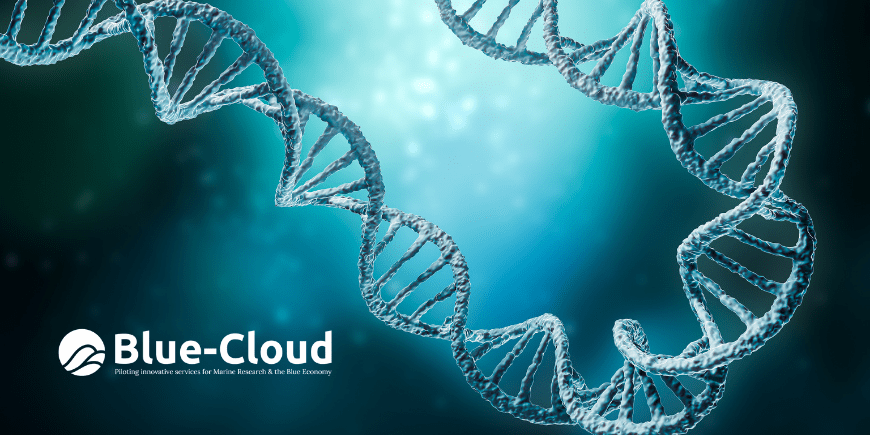The European Nucleotide Archive (ENA) is among the world's leading data infrastructures for nucleotide sequencing. Maintained by the European Bioinformatics Institute (EMBL-EBI), it is an open, supported platform for the management, sharing, integration, archiving and dissemination of sequence data.
We have interviewed Guy Cochrane, Head of ENA at EMBL-EBI, who offered an in-depth overview of its main features and its contributions to the Blue-Cloud mission.
ENA data resources cover the whole range of life sciences, including livestock genomics, marine biotechnology, biodiversity, pathogen surveillance and stem cell biology.
Understanding any complex system on our planet involves interdisciplinarity. If we really want to understand life in the ocean, we have to understand the molecular biology, the sequences - that's the job of ENA - but we also need to understand the local oceanographic conditions, climatic data, we need to know about shipping, we need to understand large-scale patterns. We need to connect data from all of these different platforms to be able to have a full understanding of what's happening in the ocean, and to build modules to project how these may change under different challenges.
ENA plays a fundamental role in Blue-Cloud, providing quality source data for a wide range of applications in ocean science, particularly contributing to the developments of the Plankton Genomics demonstrator. As stated by Cochrane, it is providing data in a way that allows the demonstrator team to pull out individual organisms and signatures of organisms in the sequence from different environments, and then to correlate them with the environmental factors that come with these data sources.
Cochrane highlighted that working with partners on the data findable in ENA will allow to further enhance and enrich datasets in the marine research field. This foundation layer supports all sorts of different analyses, including the discovery of the fundamental biology of systems operating within aquatic environments, understanding how communities respond to challenges like pollution, climate change, economic activities.
It also gives an opportunity to find new biology, new biochemistry that may be important outside of the marine environment, such as in healthcare, or perhaps elsewhere. It has potential to provide very important impacts into the blue economy in many different ways.
Discover the Plankton Genomics demonstrator
In case you missed it, watch our interview with Jean-Olivier Irisson on EcoTaxa
